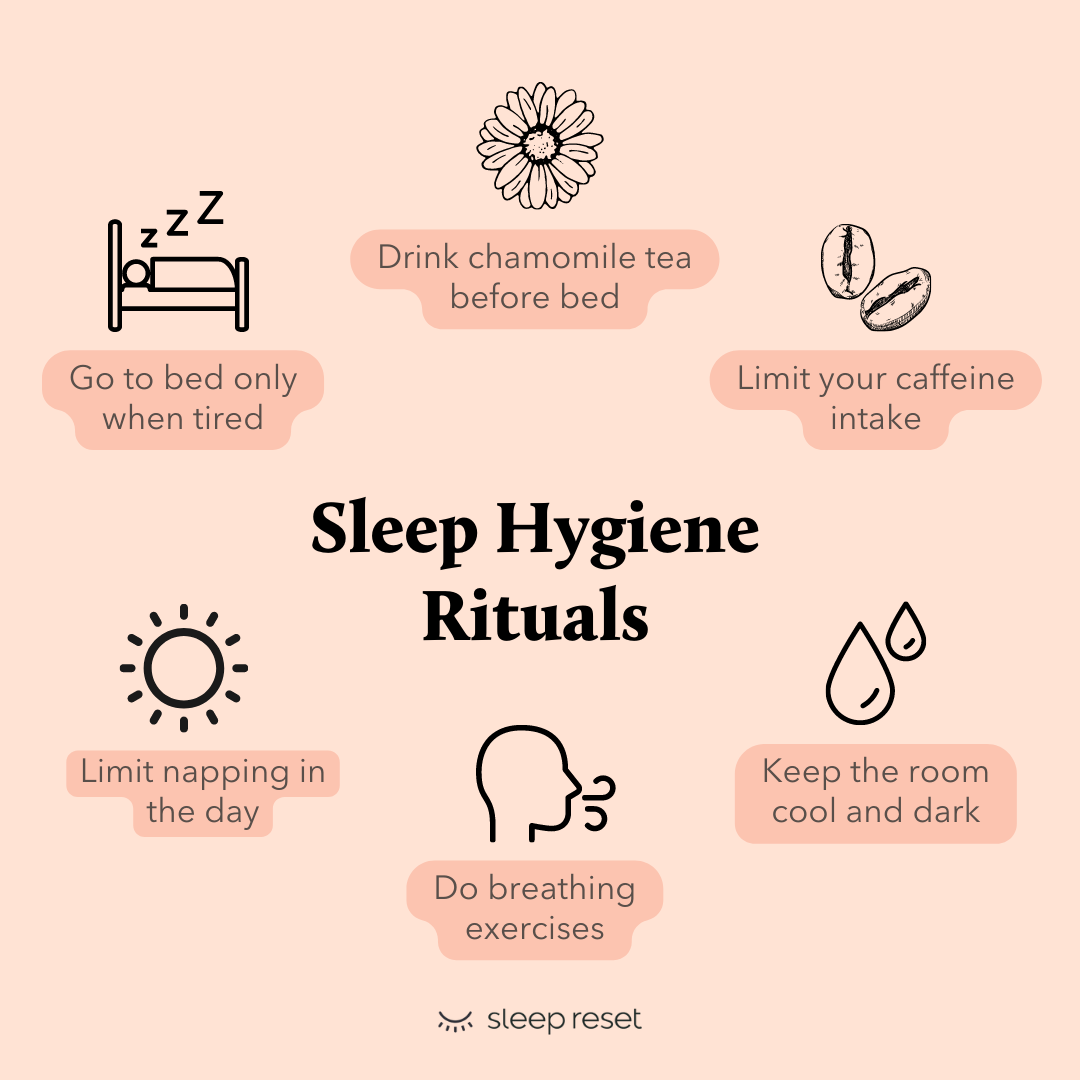Quality sleep is essential for physical and mental well-being, affecting mood, memory, and immune health. Many people struggle to get a good night’s sleep due to stress, technology use, and irregular schedules. Practicing good sleep hygiene can improve the quality and duration of sleep, making you feel more rested and energized. Small changes like setting a consistent sleep schedule, reducing screen time before bed, and creating a calm sleep environment can make a big difference. This post provides actionable tips to help you improve your sleep hygiene.
- Set a Consistent Schedule: Going to bed and waking up at the same time every day helps regulate your body’s sleep-wake cycle.
- Limit Screen Time Before Bed: The blue light from screens can interfere with melatonin production, making it harder to fall asleep.
- Create a Relaxing Bedtime Routine: Activities like reading, gentle stretching, or meditation can signal to your body that it’s time to wind down.
- Optimize Your Sleep Environment: Keep your room dark, quiet, and cool to promote uninterrupted sleep.
- Avoid Caffeine and Heavy Meals Before Bed: Stimulants and heavy foods can disrupt sleep, so avoid them a few hours before bedtime.

